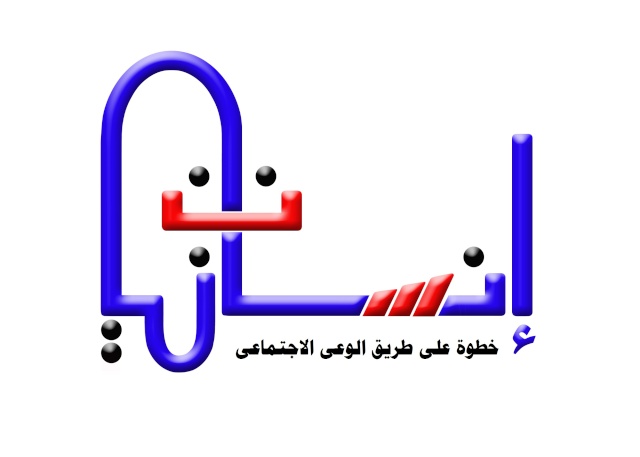د. فرغلى هارون
المدير العـام

 عدد الرسائل : 3278 عدد الرسائل : 3278
تاريخ التسجيل : 07/05/2008
 |  موضوع: Wielding the Human Rights Weapon: The United States, Soviet Union, and Private Citizens, 1975-1989, PhD موضوع: Wielding the Human Rights Weapon: The United States, Soviet Union, and Private Citizens, 1975-1989, PhD  14/5/2010, 3:57 pm 14/5/2010, 3:57 pm | |
|

Wielding the Human Rights Weapon
The United States, Soviet Union, and Private Citizens, 1975-1989

By Peterson, Christian Philip
Doctor of Philosophy (PhD), Ohio University, History (Arts and Sciences), 2009.
Pages: 592p.
1.78 MB PDF file Abstract:
My dissertation will explore the complexities of the role human rights played in U.S.-Soviet relations from 1975 to 1989 through the prism of globalization. It will describe how Western private citizens, Soviet dissenters, and members of Congress exploited the language of Final Act (Helsinki Accords) to forge a transnational network committed to globalizing the issue of Soviet human rights violations. This development challenged bureaucratic discretion in ways that gave the Carter and Reagan administrations little choice but to challenge Soviet internal behavior in forthright fashion. Instead of viewing transnational activities as a threat to their expertise, many officials in each administration made working with and supporting non-governmental groups an integral element of their approach to undermining the international and internal legitimacy of the USSR. Utilizing Soviet internal documents available in English, this dissertation will also explain why many Soviet policymakers feared the human rights critiques of dissenters and Western private citizens just as much, if not more, than the statements of U.S. politicians. Without losing sight of the pivotal role private citizens and Congress played in tarnishing the international reputation of the Soviet Union, this work will also offer an in-depth comparison of the Carter and Reagan administrations' efforts to promote human rights in USSR. It will argue that a transnational perspective calls into question many of the standard interpretations of each administration's efforts to promote human rights in the Soviet Union. In the case of the USSR, a transnational framework complicates arguments that focus on the inherent weaknesses of Soviet dissent during the early to mid 1980s. After exploring these topics, this work will outline the limitations of “constructivist” accounts of how international human rights “norms” shaped Soviet reform efforts after Mikhail Gorbachev became General Secretary.
Subject Headings: American history; European history; History; Political science; Russian history | |
|
amena
عضو فعَّـال
 عدد الرسائل : 155 عدد الرسائل : 155
العمر : 40
التخصص : علم الأجتماع
الدولة : مصر
تاريخ التسجيل : 18/09/2009
 |  موضوع: رد: Wielding the Human Rights Weapon: The United States, Soviet Union, and Private Citizens, 1975-1989, PhD موضوع: رد: Wielding the Human Rights Weapon: The United States, Soviet Union, and Private Citizens, 1975-1989, PhD  4/6/2010, 3:58 pm 4/6/2010, 3:58 pm | |
| | |
|
